A musical journey through Vienna
Spending a long weekend in Austria’s musical capital

A free daily email with the biggest news stories of the day – and the best features from TheWeek.com
You are now subscribed
Your newsletter sign-up was successful
Two things flow through the heart of Vienna’s historic city centre: one largely unseen and the other impossible to avoid. The first is the river Wien, which emerges from its underground hiding place in the greenery of the Stadtpark before disappearing back beneath the surface. The second is music, which is visible at every turning point.
As I walk through the city on my first day in Austria’s capital I am struck by just how institutional music is – as integral to the city and its residents as the cobbled streets or the quaint green trams that glide along them. It is above me in towering statues, below me in a starry Walk Of Fame-esque tribute to instrumentalists and composers, and all around me on the street: performers, museums, concert halls, seemingly impromptu tea dances in the shadow of the cathedral.
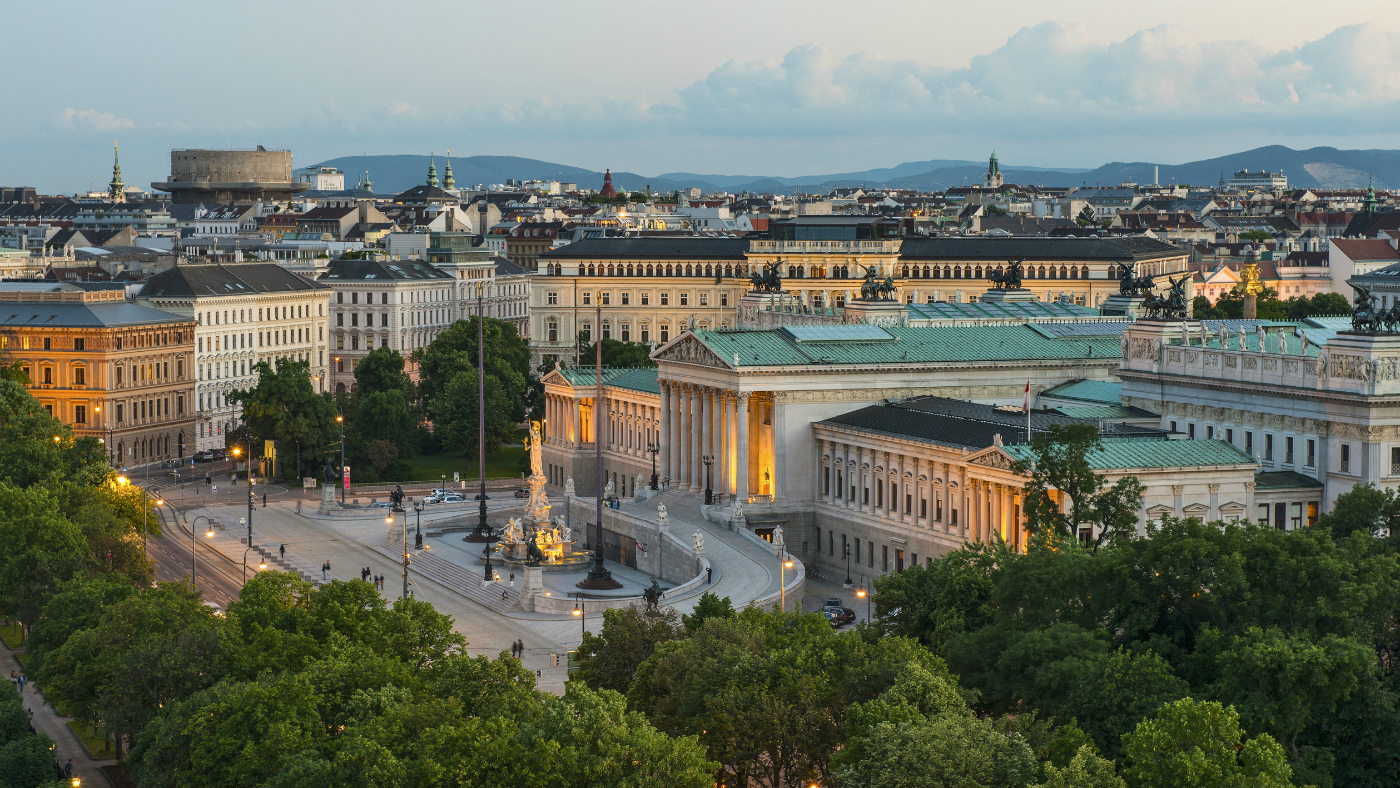
The weekend I visit – a surprisingly sunny few days in May – coincides with events marking the 150th anniversary of Vienna’s State Opera House. Our base for the trip is the family-run Hotel Beethoven, a cleverly decorated assortment of rooms that find their inspiration from the city’s proudest exports and traditions. My floor is devoted to the hotel’s namesake and perfectly commits to the theme without veering into the garish, unlike so many of Vienna’s tourist-facing shops.
The Week
Escape your echo chamber. Get the facts behind the news, plus analysis from multiple perspectives.

Sign up for The Week's Free Newsletters
From our morning news briefing to a weekly Good News Newsletter, get the best of The Week delivered directly to your inbox.
From our morning news briefing to a weekly Good News Newsletter, get the best of The Week delivered directly to your inbox.
Arriving at the Opera House - located less than 10 minutes away by foot - it is all too clear why this cultural bastion casts such a large shadow over the city. Its imposing grandeur softens into ornate beauty as soon as the doors are pushed open. Rebuilt in the aftermath of a Second World War bombing (it was prioritised over other destroyed sites because of its cultural importance) the opera house’s design would shame even the best-dressed tourist into a feeling of inadequacy.
We are met by André Comploi, head of press, who delights in taking us off the well-beaten path of the many tour guides who usher groups through the auditorium, bars, and surrounding lobbies each day. Ducking into a locked box, he tells us about the slick workings of the 58-or-so productions performed each year.
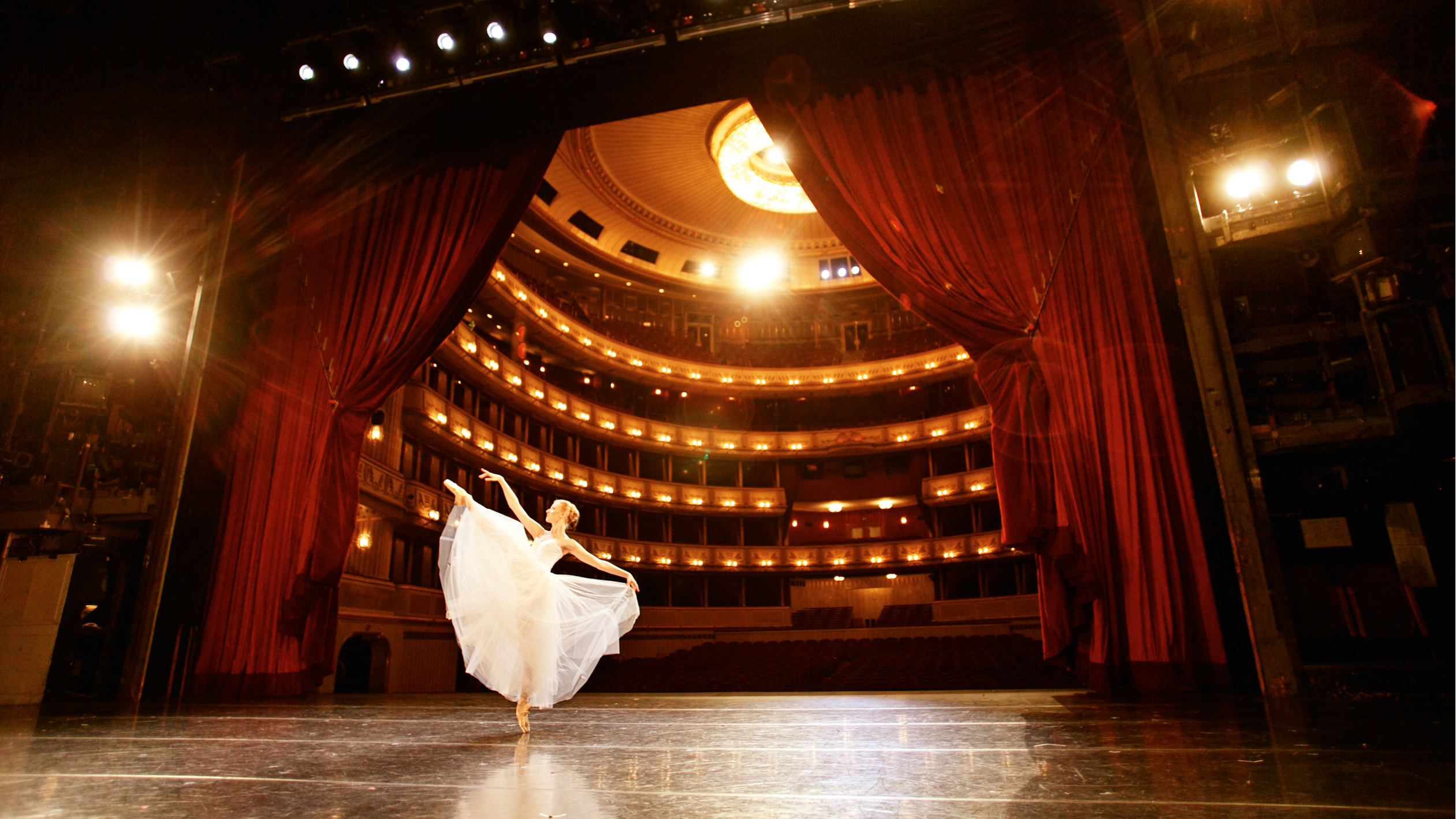
Tickets for the operas and ballets sell out fast, so crowds snake their way around the building hours ahead each of performance in the hope of securing one of the 567 standing tickets made available on the day. Austrians make up around 70% of the annual audience and the opera house receives €70 million each year from the country’s government in support, proving just how vital it is to the country.
When we return the next day for an anniversary premiere of Die Frau ohne Schatten, I find my ticket has a face value of €400 – more than 13,000% the cost of standing through a typical performance. For visitors who miss out on a ticket, regular concerts at the city’s University of Music offer a free alternative. Less impressive surroundings, sure, but well worth a look-in.
A free daily email with the biggest news stories of the day – and the best features from TheWeek.com
Our evening concludes in the Rote Bar of hotel Sacher Vienna, perched opposite the opera house. In a luxuriously decorated restaurant, we enjoy some of Austria’s national delicacies: liver dumplings in a fine, meaty broth; white asparagus, potatoes, ham and vinaigrette; and glasses of lively but crisp Viennese wine.
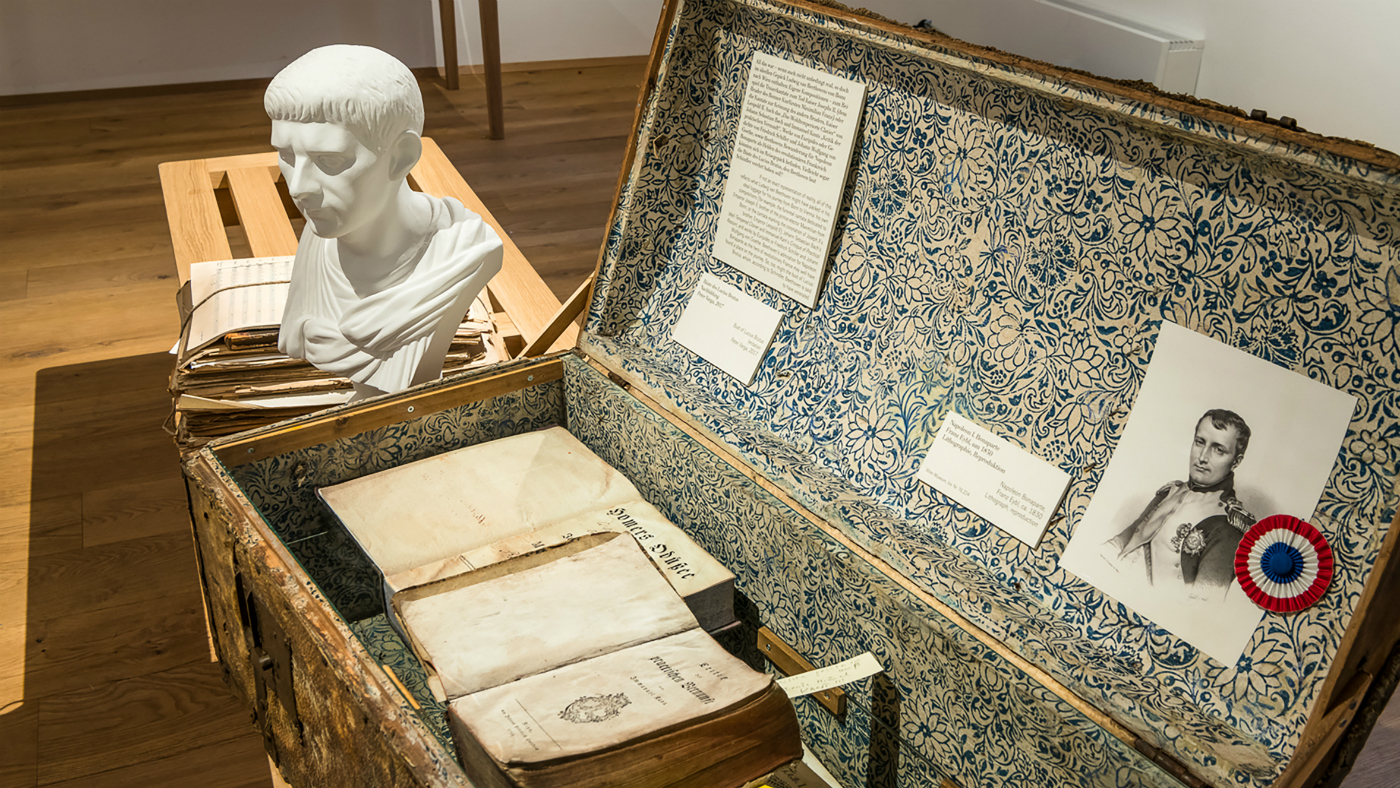
Morning brings with it a sunny walking tour of Vienna’s musical history highlights, with many of the must-see sites within easy strolling distance of each other. Our guide delights in telling us the stories of the musicians who called the city home and comes out firmly for Team Beethoven with her claim that Mozart attracts an unfair amount of attention. Perhaps to prove her point, she takes us to one of the 67 Viennese houses Beethoven once called home. This particular residence, now the Beethoven Museum, is a taxi ride from the city centre but worth the journey. It charts the composer’s life, with a stand-out exhibit on how he tried to cure his deafness through the power of water.
A few doors down is Mayer am Pfarrplatz, a delightful paved garden restaurant which served up crispy wiener schnitzel, fresh vegetables, grilled meat, and, of course, more Viennese wine. As the heat of the day dissipates, we return to the city for our evening performance at the opera house – a feast of musical prowess in the most glorious of settings.
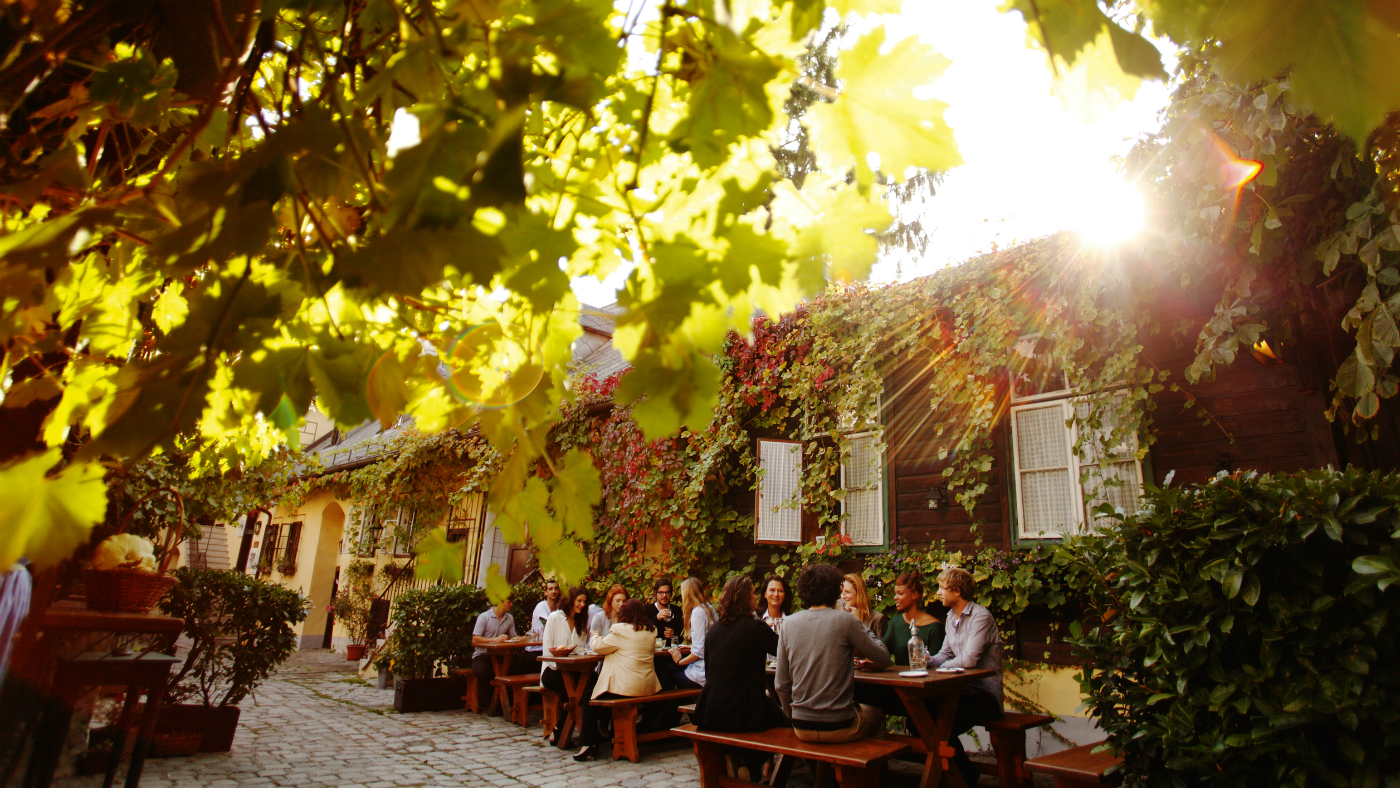
Vienna is incredibly proud of its music history, and it’s clear why. There is so much to experience, to see and to hear that even the most hesitant of classical music fans would struggle not to give in to the city’s many temptations.
Double rooms at Hotel Beethoven start at €120, including breakfast. To find out more about Vienna and its attractions, visit www.vienna.info.
-
 Quiz of The Week: 14 – 20 February
Quiz of The Week: 14 – 20 FebruaryQuiz Have you been paying attention to The Week’s news?
-
 The Week Unwrapped: Do the Freemasons have too much sway in the police force?
The Week Unwrapped: Do the Freemasons have too much sway in the police force?Podcast Plus, what does the growing popularity of prediction markets mean for the future? And why are UK film and TV workers struggling?
-
 Properties of the week: pretty thatched cottages
Properties of the week: pretty thatched cottagesThe Week Recommends Featuring homes in West Sussex, Dorset and Suffolk
-
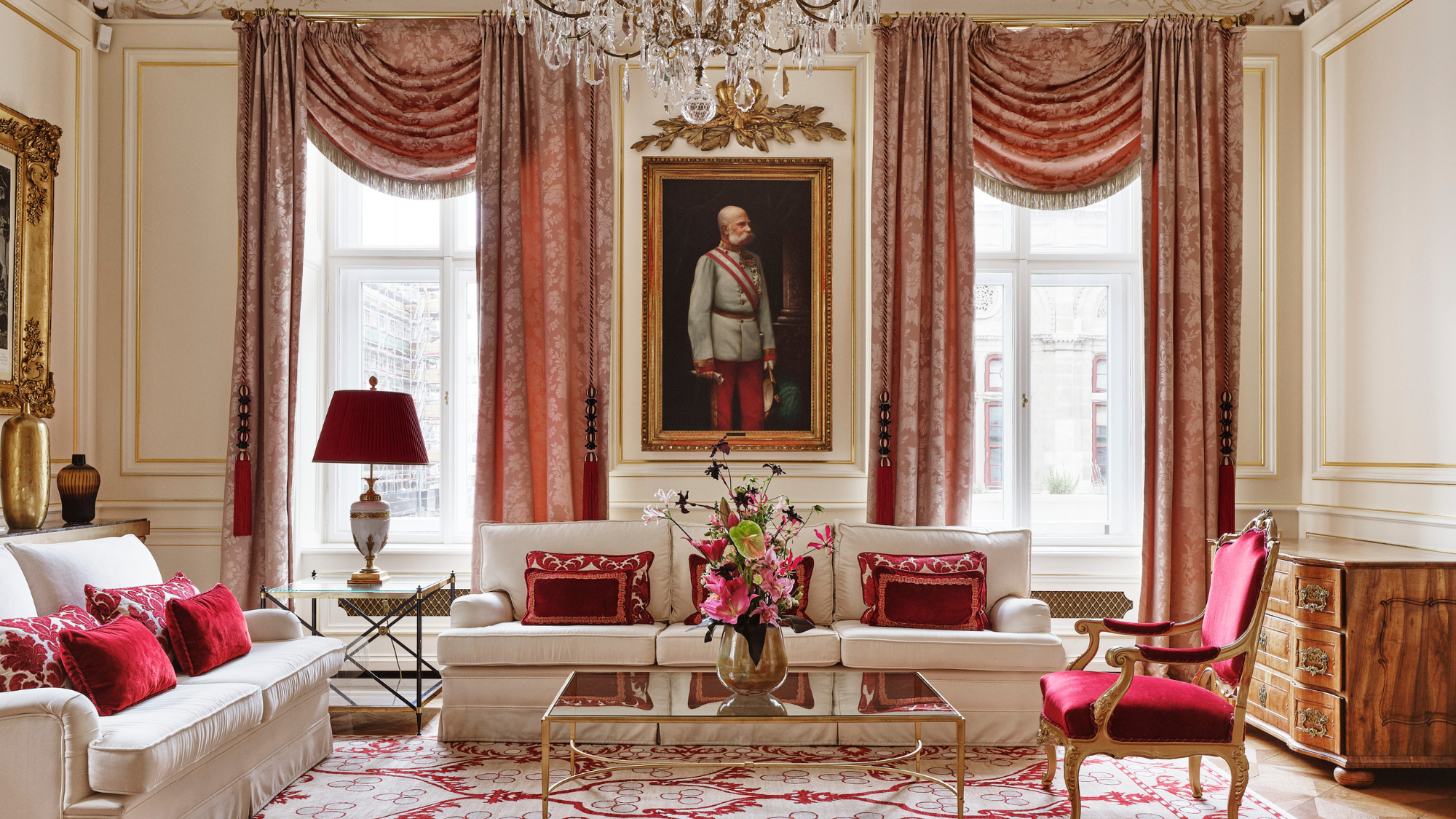 Hotel Sacher Wien: Vienna’s grandest hotel is fit for royalty
Hotel Sacher Wien: Vienna’s grandest hotel is fit for royaltyThe Week Recommends The five-star birthplace of the famous Sachertorte chocolate cake is celebrating its 150th anniversary
-
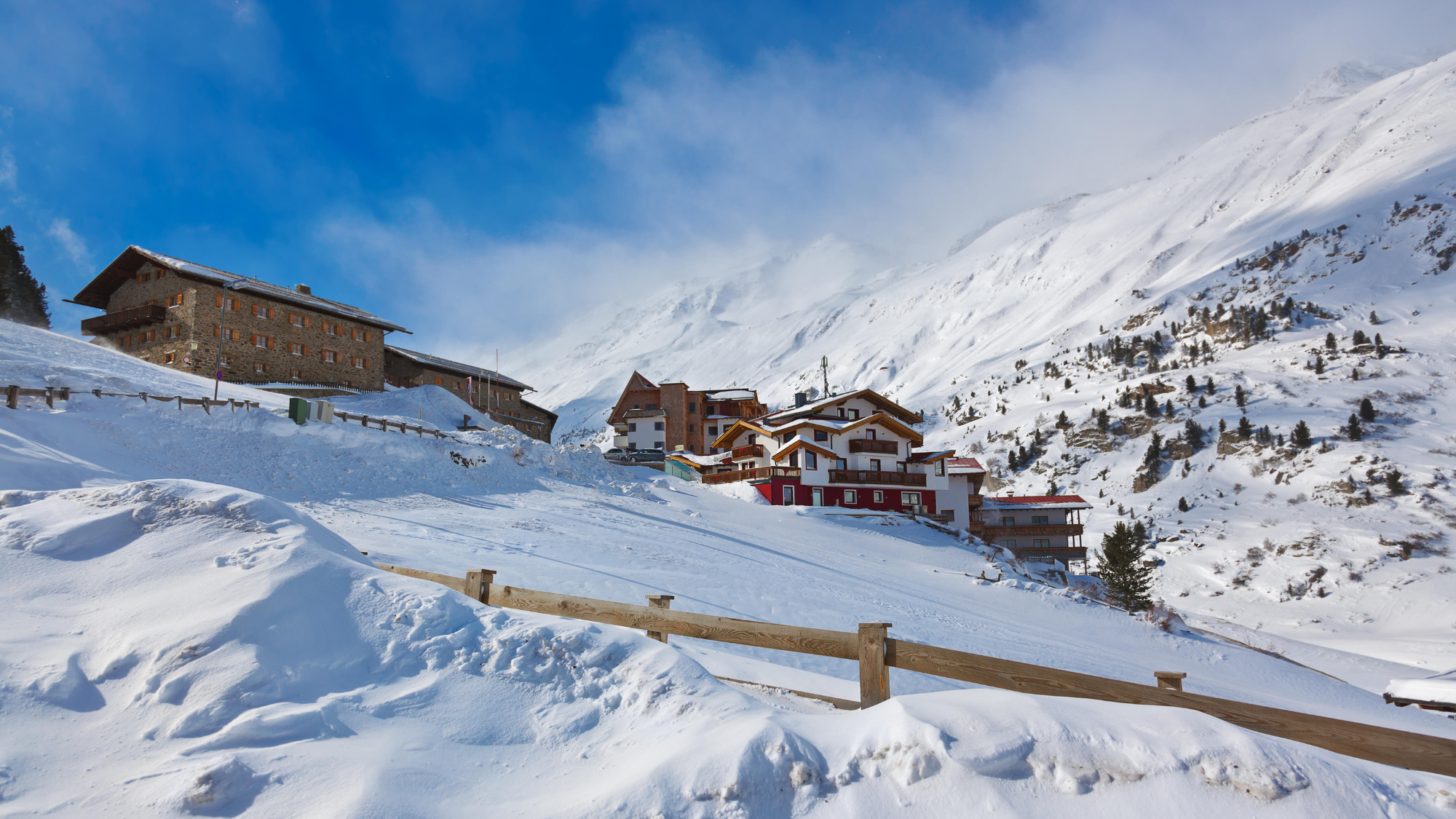 Budget-friendly Alpine escapes: the best ski resorts in Austria
Budget-friendly Alpine escapes: the best ski resorts in AustriaThe Week Recommends Expect fewer tourists and plenty of snow in the stunning Austrian Alps
-
 Hands-on experiences that let travelers connect with the culture
Hands-on experiences that let travelers connect with the cultureThe Week Recommends Sharpen your sense of place through these engaging activities
-
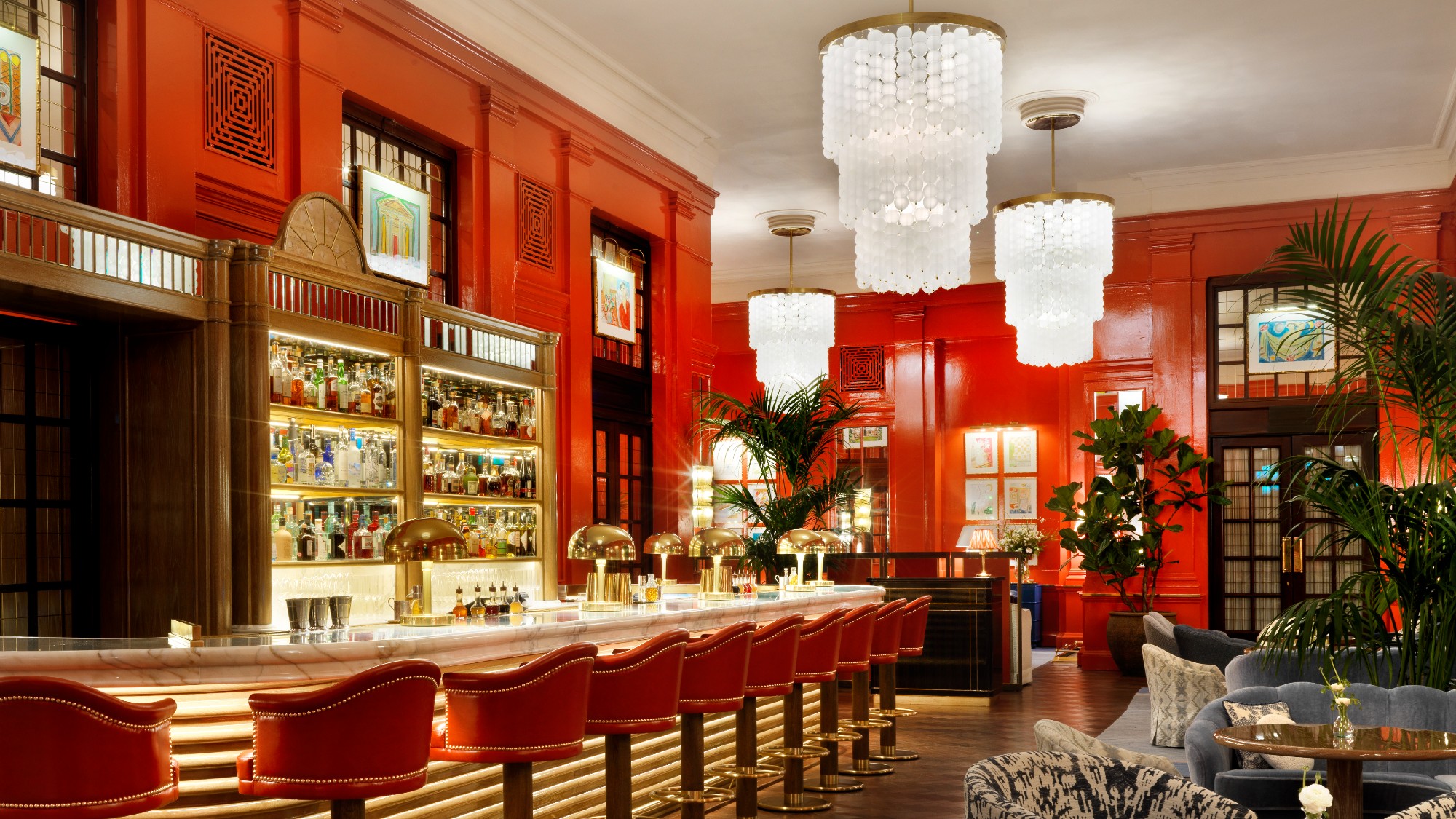 Raise your glass at these 7 hotel bars where the vibe is as important as the drinking
Raise your glass at these 7 hotel bars where the vibe is as important as the drinkingThe Week Recommends Have a pisco sour in Peru and a Bellini in Rome. Or maybe run into Bruno Mars in Vegas.
-
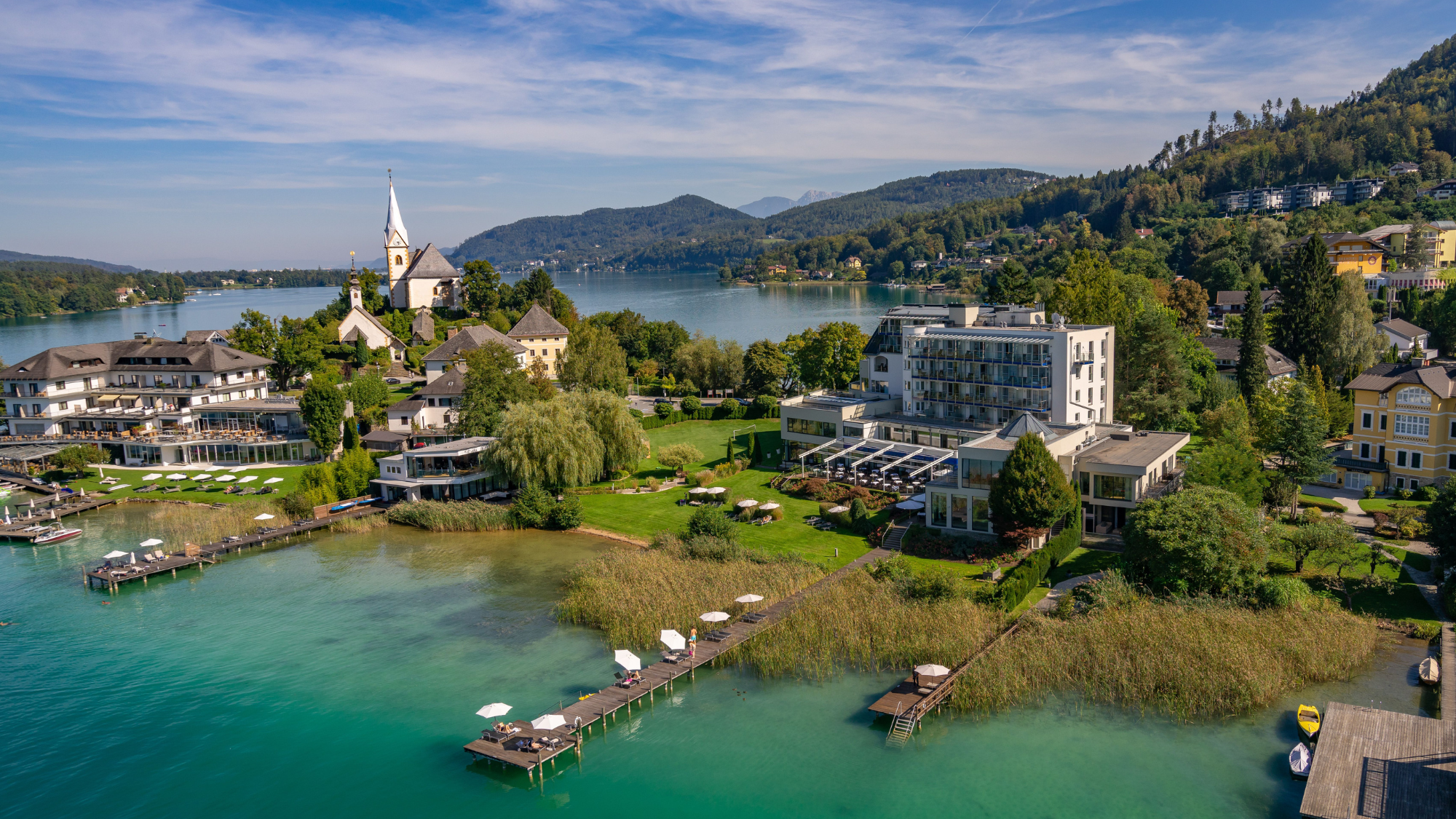 VIVAMAYR Maria Wörth: a luxury lakeside health resort in Austria
VIVAMAYR Maria Wörth: a luxury lakeside health resort in AustriaThe Week Recommends Reboot your digestive system at this tranquil wellness retreat
-
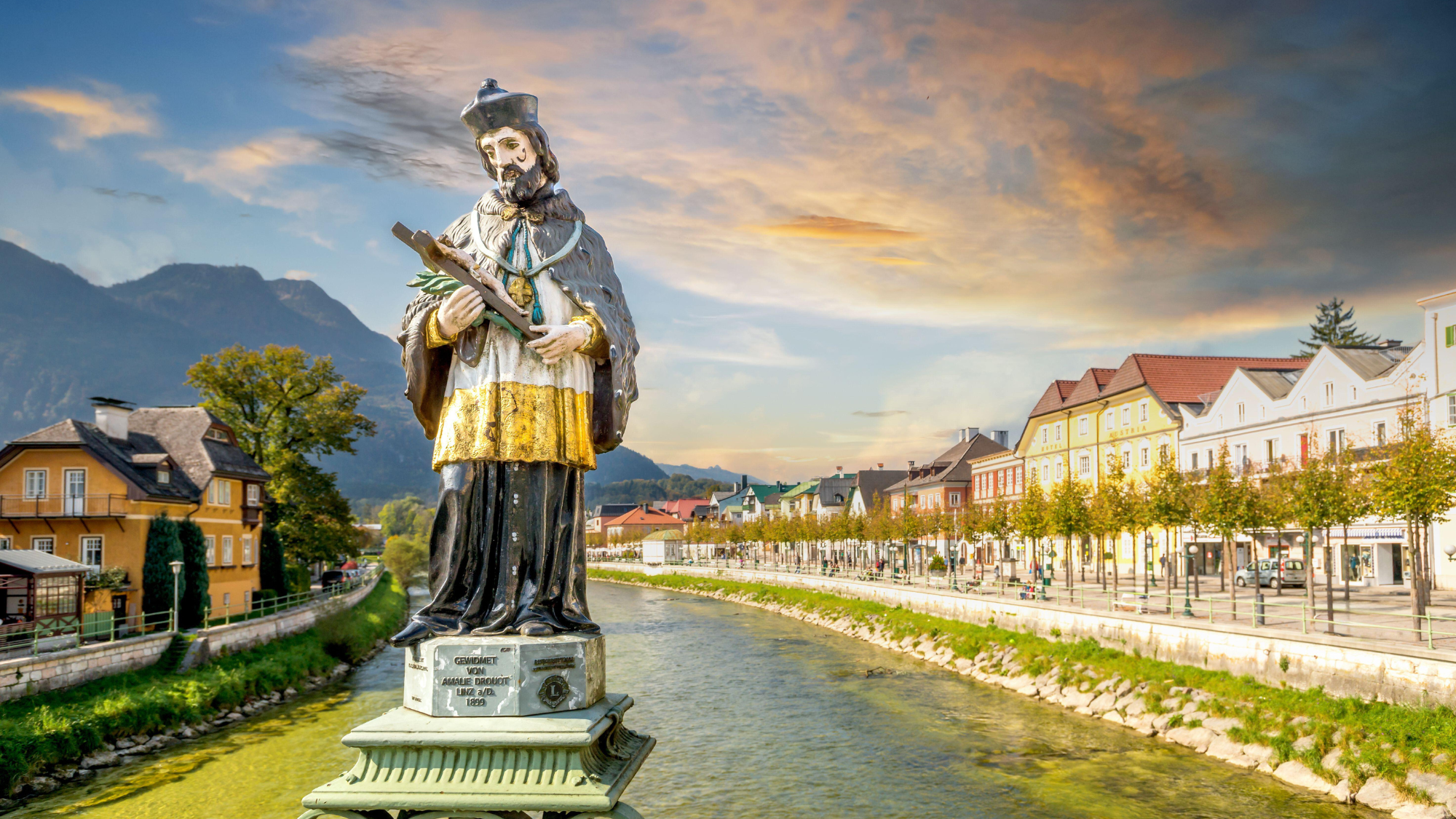 Bad Ischl: discover the sleepy salt-mining town's cultural side
Bad Ischl: discover the sleepy salt-mining town's cultural sideThe Week Recommends Explore this Austrian town, the first rural Alpine destination to be crowned a European Capital of Culture
-
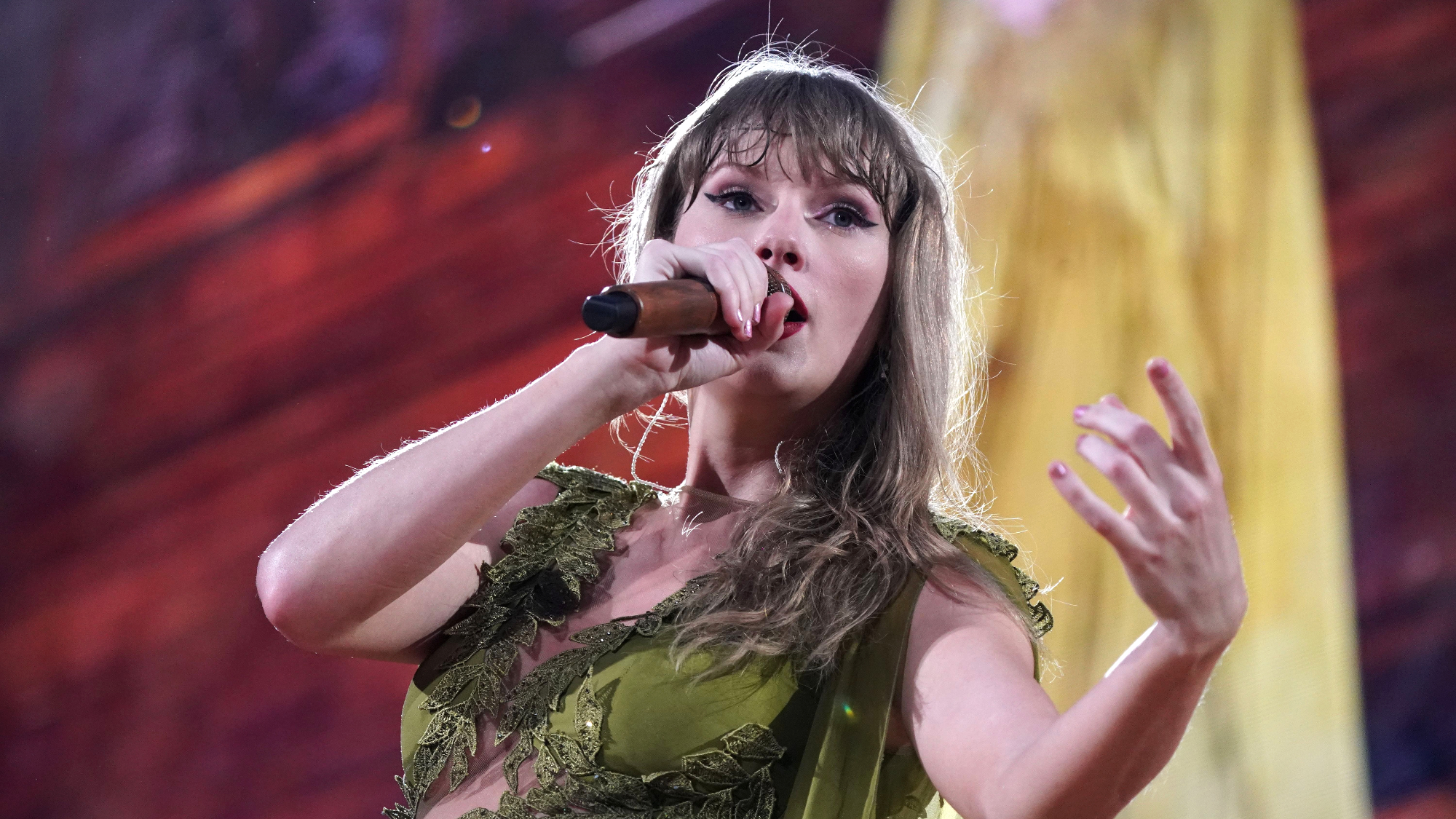 Taylor Swift shows canceled over attack threat
Taylor Swift shows canceled over attack threatSpeed Read Three upcoming concerts in Vienna were called off due to an apparent terrorist plot targeting large-scale events
-
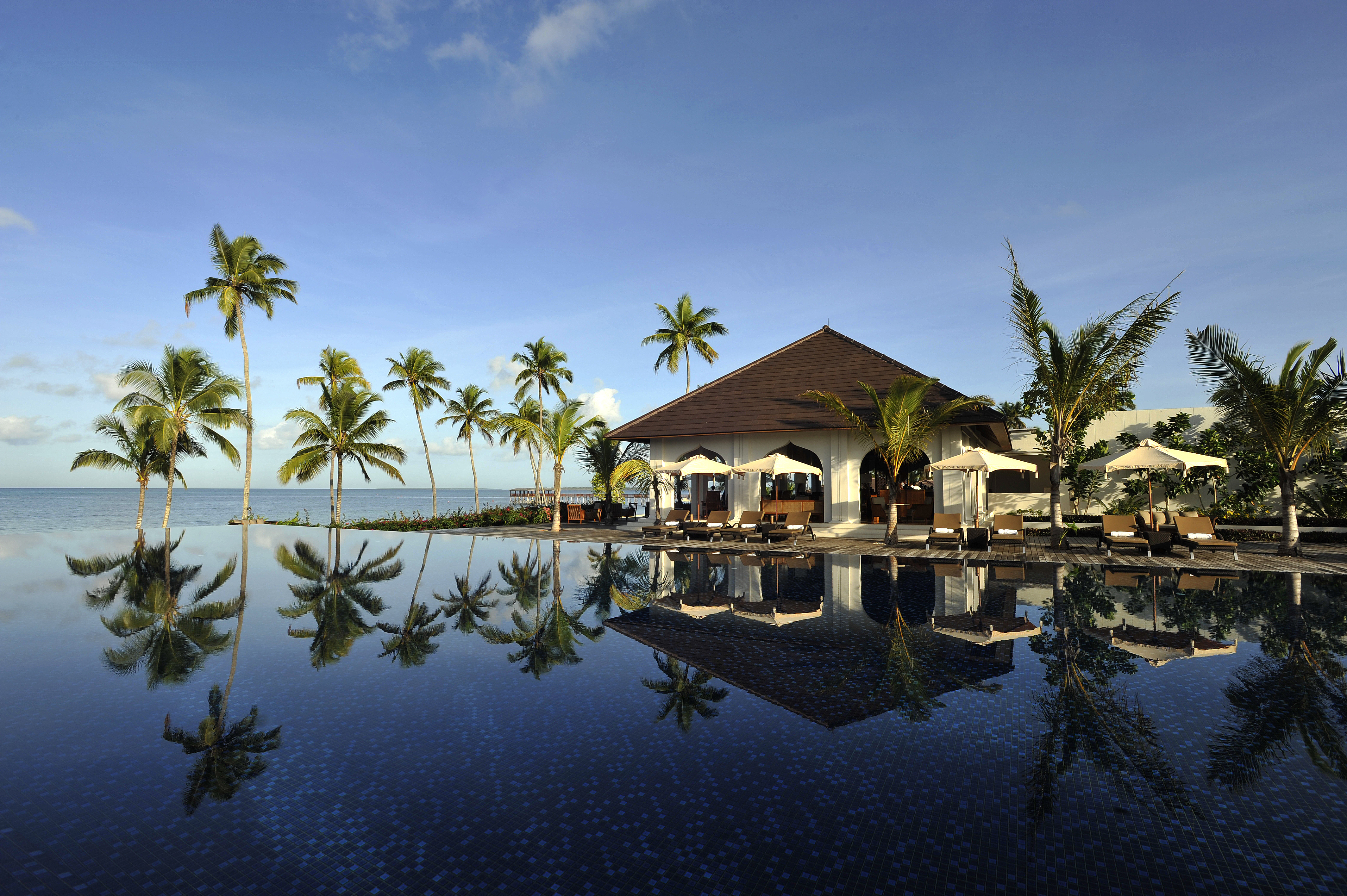 7 destinations to visit this winter
7 destinations to visit this winterThe Week Recommends Have a ball in Vienna, and hang with the penguins in Patagonia